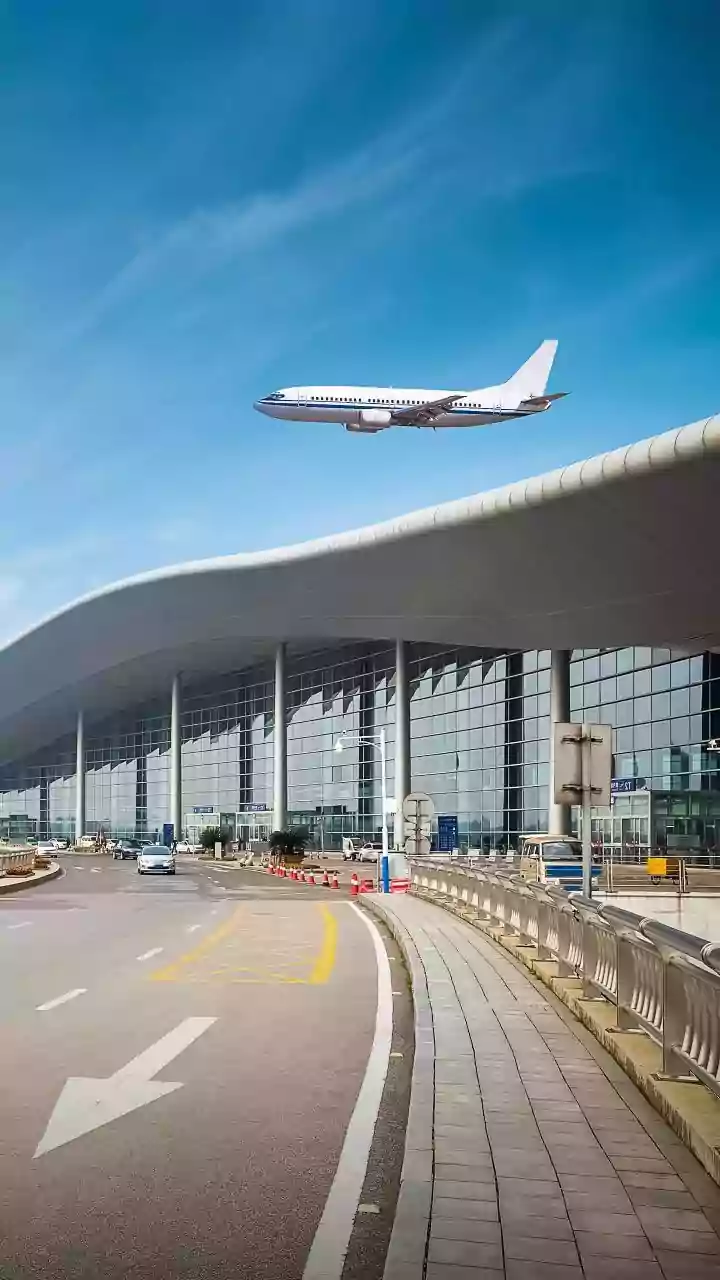Border Disputes Emerge
Border clashes between Afghanistan and Pakistan have recently sparked significant international concerns. These incidents were the focal point of discussions,
particularly focusing on the remarks made by Afghan Foreign Minister Muttaqi. The escalating tensions highlight the fragility of the border situation, potentially destabilizing the region. Key issues driving the conflicts include border demarcation and cross-border movement of armed groups. The lack of a clearly defined and mutually agreed-upon border has often led to misunderstandings and clashes. Additionally, the movement of armed groups across the border has heightened security concerns for both sides, further complicating the situation and the relations between the countries, and escalating conflicts. It's important to understand the context and the interplay of these challenges to grasp the broader impact on regional security.
Muttaqi's Stern Warning
Afghan Foreign Minister Muttaqi’s statements delivered strong warnings, serving as a significant element of the unfolding situation. Muttaqi emphasized his government's commitment to not allow the use of Afghan soil to harbor groups that may pose a threat to Pakistan. This warning specifically targeted the Tehrik-i-Taliban Pakistan (TTP). The stance underlines Afghanistan's concerns about maintaining regional stability and preventing cross-border terrorism. This statement showcases a commitment by the Afghan government to address the concerns expressed by Pakistan, and to prevent any activities on its territory that could threaten Pakistan's security. The warning’s tone indicates an effort to de-escalate tensions and promote dialogue to resolve the current disputes. These warnings reflect a willingness to work towards a resolution and to ensure mutual respect for each nation's security.
Qatar's Involvement, Regional Concerns
Qatar has been involved and plays a crucial role in the situation. Qatar has previously mediated between the Taliban and the United States. Qatar's involvement highlights a broader regional dimension to the Afghan-Pakistani border disputes. The presence of other countries, such as Qatar, underlines the international community's investment in regional stability and the potential for external actors to mediate or influence the situation. The regional community's concern signals the wider implications of the conflict beyond the immediate border areas. It highlights a network of interlinked security, political, and diplomatic factors impacting various parties and the need for collaborative regional solutions to stabilize the area, resolving the tension and promoting peace.



















